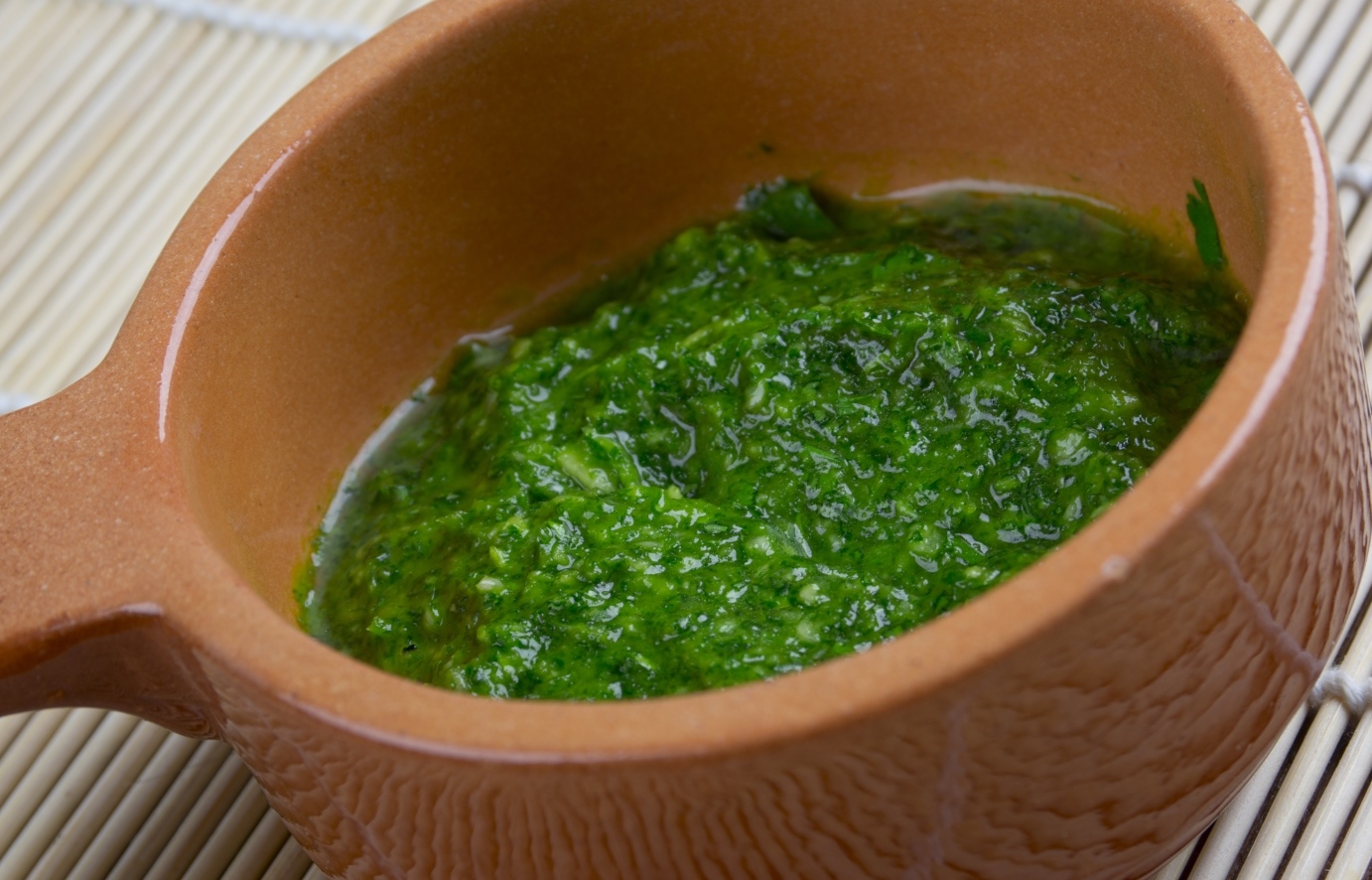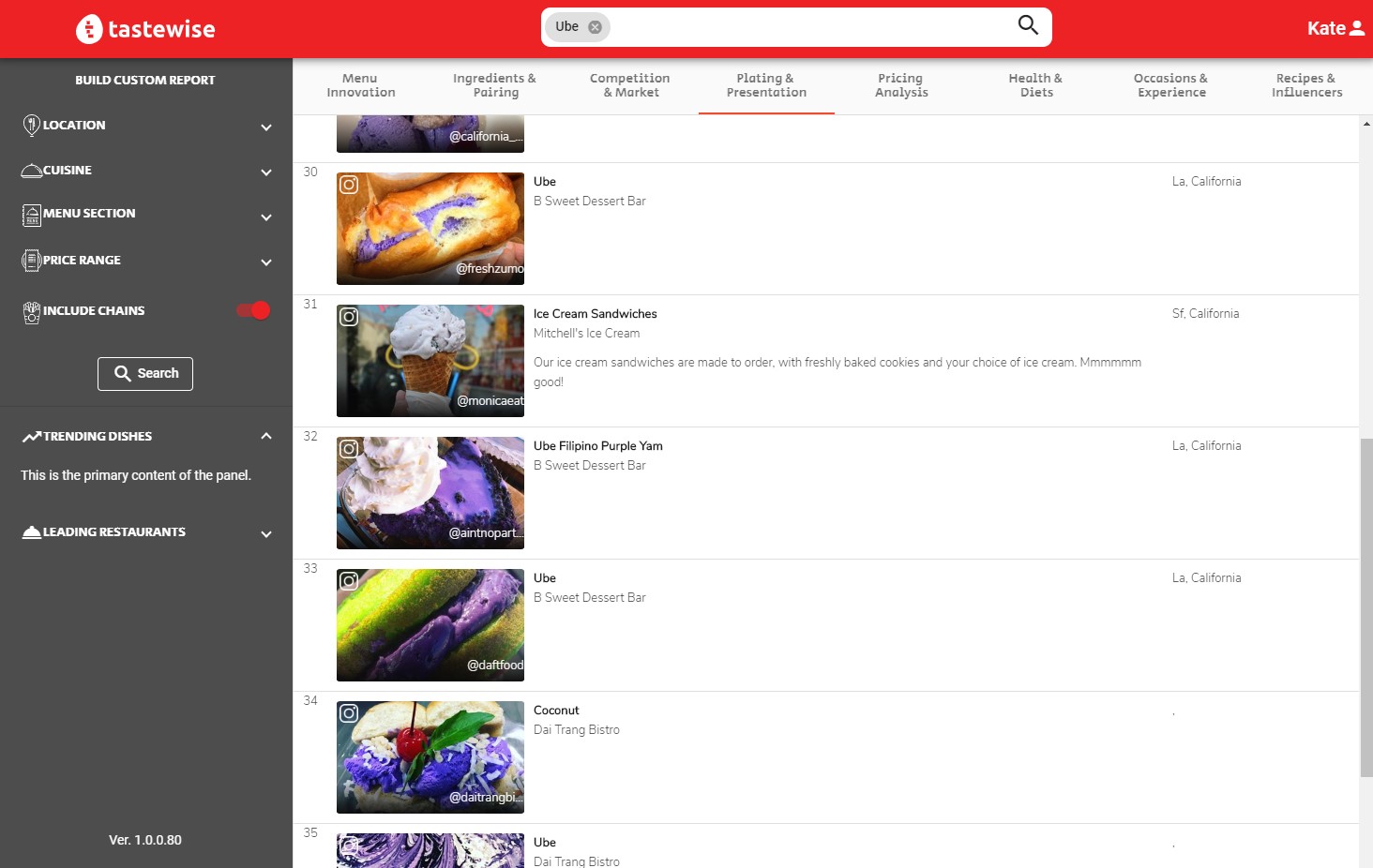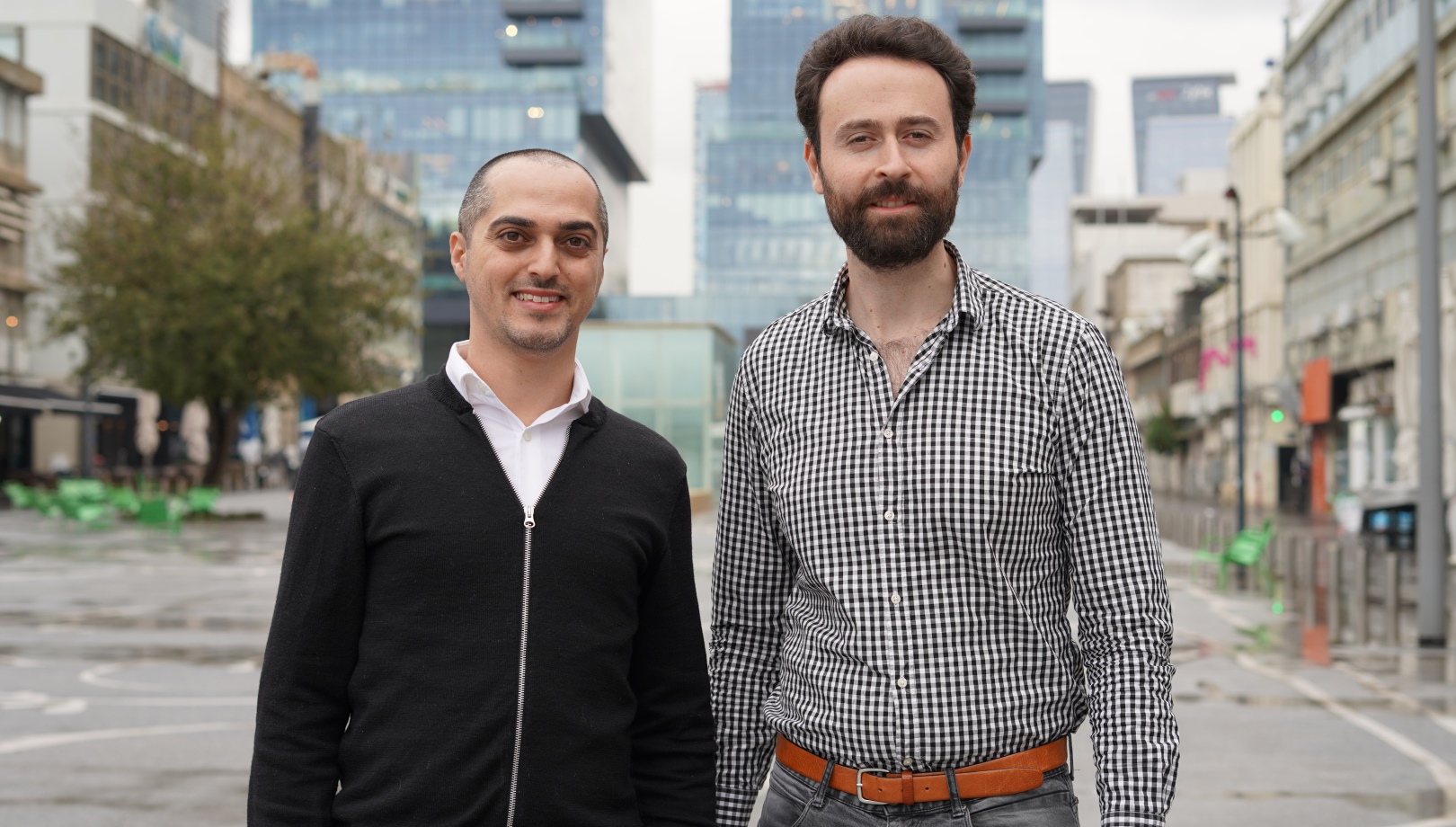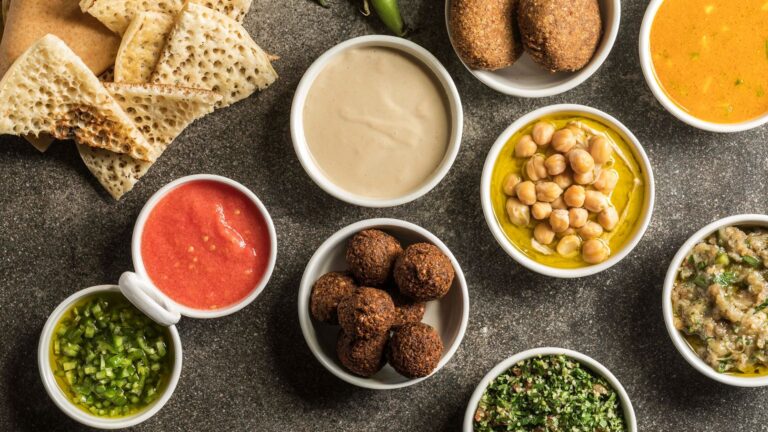Have you ever tasted – or even heard of – zhoug, Spam musubi or ube? Have you ever topped pizza crust with hazelnut-and-cocoa spread?
If you’re in the $5.75 trillion food business, you need to know about these and other up-and-coming trends if you want to give your customers what they crave.
A new Israeli startup, Tastewise, leverages the power of data to bring fresh info on food trends to the folks responsible for determining which dishes or products to serve next.
“When I started talking with executives in the food-and-beverage industry, both large brands and restaurant owners, I found a huge gap of data and tools to help make decisions based on data,” says Tastewise CEO and cofounder Alon Chen, formerly Google’s chief marketing officer for Israel and Greece.
“For the past 20 years I was working in data analytics to solve business problems. Tastewise does the same for the food-and-beverage industry.”
The machine-learning platform provides real-time insights by analyzing billions of data points – currently including 153,000 online menus and more than a million online recipes, plus millions of social-media posts.

In coordination with its February 2019 launch, Tastewise released a Consumer Food Trends Report that reveals, among other location-based insights, huge unmet demands for vegan fare in Boston, fitness-related dishes in Denver, organic options in Philadelphia and hand-crafted cuisine in San Antonio.
Over the past year, Tastewise has been in stealth mode, pitching its trendspotting platform to American food brands, restaurant chains, hospitality groups and independent restaurants. Marriott International’s food-and-beverage team is using Tastewise to help determine which cuisine will interest diners in each new hotel location.
“By collaborating with Tastewise, we’ve been able to transform our strategy and decision-making,” said Guy Heksch, global VP of Marriott International-owned Pure Grey Culinary Concepts Hospitality Group.
“Diving far deeper than simply understanding consumer preferences, their insights help us select target audiences, catch micro-trends as they sweep from neighborhood to state level and design menus to suit our guests’ tastes, even pinpointing exactly what it takes to concoct a sensational cocktail,” said Heksch, calling Tastewise “a complete game changer.”
Broccoli on your pizza, yams in your cheesecake
Tastewise users simply type in any ingredient, cuisine, dish name, or city to receive immediate insights.
“If you’re an executive chef of a restaurant chain and you’re interested in offering new toppings for your pizza, you’ll find out that the fastest-rising pizza topping in America is broccoli. Filter to find trending pizza toppings in New York and you’ll find it’s Nutella,” Chen tells ISRAEL21c.
Crunching current recipe data reveals that home cheesecake bakers are wild about adding ube, a purple Filipino yam that’s also become popular for coloring ice cream.

“One of the biggest rising trends we’ve discovered is that the next sriracha is zhoug,” says Chen, referring to the spicy Yemenite cilantro sauce also spelled s’chug.
“There is a lot of Middle Eastern cuisine on the market in the US, and Americans love spicy condiments as well as all-natural, sugar-free products, so we see zhoug mentioned in social media conversations and getting onto restaurant menus. We think it will make big waves.”
Other trending foods in America are bone marrow, truffles, and Spam musubi (a Hawaiian concoction of grilled Spam on top of a block of rice, wrapped in nori), says Chen.
In addition, Tastewise discovered that the popularity of restaurant hopping – going to a different eatery for each course of a meal – grew 160% between 2017 and 2018.

It all started with Mom
Family and food are strongly entwined in the culture of Israel, so it’s only natural that the idea for Tastewise came to Chen from a family WhatsApp group.
“My mother hosts us every Friday for Shabbat dinner. The same group of family members goes every week. But suddenly all of us are changing our diets and I observed that my mother started asking us our dietary requirements on WhatsApp,” says Chen. His mom has had to adapt her traditional menu to suit their preferences.
“I’m guilty as well, going from paleo to keto to gluten-free; my sister is vegetarian and sometimes vegan,” says Chen. “And I realized this must be happening everywhere. The hyper-culinary consciousness today means people care about new flavors but also where their food came from, whether was there any animal involved, was it sourced through fair trade, and other concerns along the entire supply chain.”

In addition to nine years’ experience at Google, Chen has a law degree from Bar-Ilan University and an MBA from the University College Dublin; cofounder and CTO Eyal Gaon has 15 years of experience in building high-tech B2C and B2B products at companies such as Reddit and SimilarWeb.
They started Tastewise in July 2017 with $1.5 million from Jerusalem-based PICO Venture Partners. A five-person R&D team sits in Tel Aviv, while Chen uses PICO’s Manhattan office as home base on his frequent travels to key US cities visiting customers and potential customers. He’s also seeking strategic partners.
Free and subscription options
Tastewise offers freemium and subscription models.
“We are probably the only analytics company for the food industry that has a free version,” says Chen. “We know some places like a neighborhood pizzeria cannot afford a subscription but we still want to help them make informed decisions.”
Chen says he does not know of other companies doing what Tastewise does. “Our ‘competition’ is mainly traditional companies conducting surveys and doing focus groups, which are very biased and take a long time to produce answers. The food industry is moving so much faster now that you really must keep up.”
Indeed, whereas restaurant menus used to be changed every couple of years, new dishes now appear every few months to feed fast-changing appetites.
The machine-learning, predictive-analytics, computer-vision and natural-language processing technology driving Tastewise, Chen says, “is super sophisticated but anyone can operate it. The data is out there for you to use and we hope that will be done in a creative and innovative way.”
For more information, click here

















